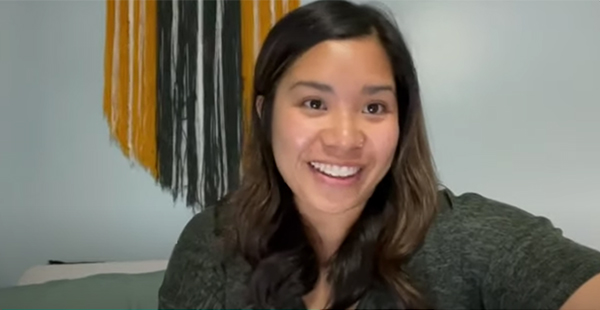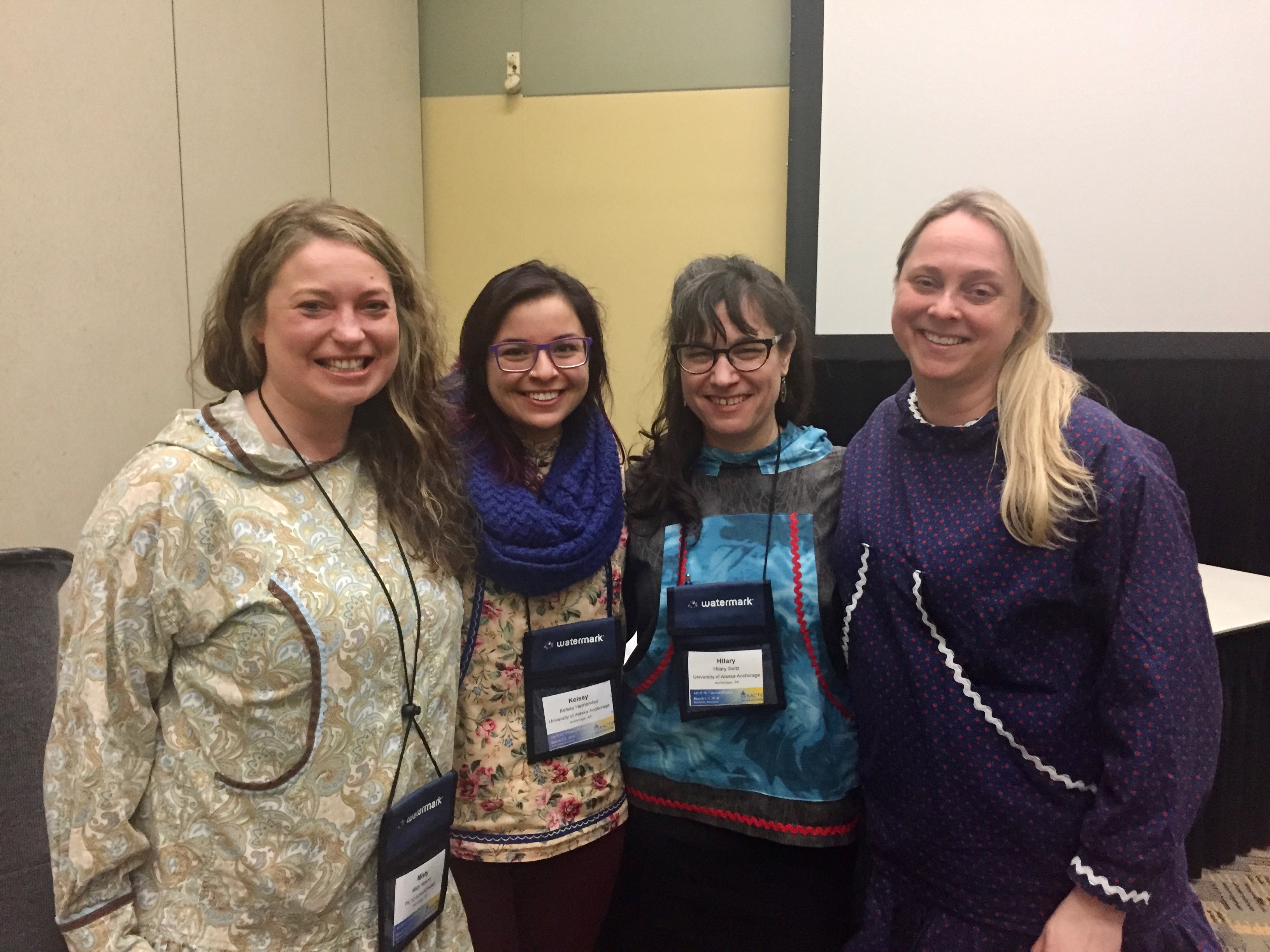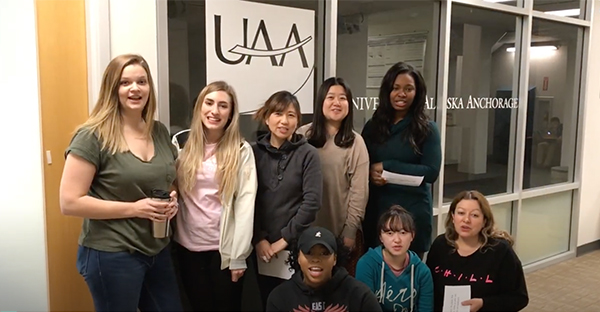Early childhood development A.A.S.
Explore the early childhood development associate degree program at the University of Alaska Anchorage
The Associate of Applied Science (A.A.S.) in Early Childhood Development prepares students to become Head Start teachers, preschool teachers, public school teaching assistants and other early care and learning professionals to work in early care and education settings.
Unique features of the program include:
- Child development theory
- Culturally responsive teaching practices
- Family and community engagement
- STEAM Integration
- Early Literacy foundation
- Field experiences that apply teaching and learning principles
The AAS in Early Childhood Development is accredited by the National Association for the Education of Young Children (NAEYC).
What can you do with an early childhood development degree from UAA?
What can you do with an early childhood development degree from UAA?
The associate degree program in early childhood development prepares teacher aides,
Head Start teachers and other early childhood education professionals to work in early
care and education settings, including the public school system. UAA students enjoy
a high rate of employment in schools in Anchorage and around the state of Alaska,
and many complete their bachelor's degree in early childhood education.
Early childhood development careers
UAA early childhood development alumni are uniquely prepared to work with children
from birth through age 8. Graduates often work as teachers in early care and education
settings, preschool and elementary classrooms, or run their own home childcare centers.
Associate degree alumni also take on roles as home-visitors, center directors or program
managers, in early care and education settings.
Early childhood development associate degree program highlights
Early childhood development associate degree program highlights
Prepare for successful teaching careers and other professional roles working with
children from birth through age 8. The following are some of the top reasons to choose
UAA for your undergraduate program in early childhood development:
- Get hands-on professional experience. Field placement opportunities throughout the course sequence allow you to observe, apply and connect course content to real-life settings with children, families and schools. Field placements take place off site in local early care, preschool and elementary classrooms around the community, which facilitates experience with diverse student populations.
- Work closely with top faculty. UAA faculty are recognized across Alaska as early childhood leaders. They are all involved in research projects, take part in community-engagement activities and serve on numerous early childhood community, state and national boards. A low student-teacher ratio offers close working relationships with faculty, including opportunities to collaborate on research projects.
- Develop your ePortfolio. A number of early childhood development courses require you to create ePortfolios to document your learning and growth. The ePortfolio makes your learning visible.
- Innovative Teaching Strategies. All students have the opportunity to learn STEM/STEAM practices in a state-of-art makerspace, through place-based techniques and through a culturally responsive teaching curriculum.
Cultivating relationships
The Early Childhood Associate Program teaches students how to cultivate relationships and understand the developmental stages of young children. I learned how to work in the community, how to communicate with families, and how to understand individual children. The program inspired me to play a meaningful role in educating young minds – and I loved all the teachers/professors!
Early childhood development associate degree program curriculum
This program provides a solid foundation in child development theory, as well as child and family success. The program curriculum is holistic in that it addresses health, social, physical environment and community relationships as well as cognitive development. The program has a strong focus on early literacy development and culturally-responsive teaching. It requires multiple field experiences in settings with young children, including both Head Start and public schools. Students are taught using innovative strategies that promote STEAM integration. The early literacy foundation prepares students to work with linguistically and culturally diverse children and families and incorporates evidence-based strategies.
Top classes for early childhood development majors
- EDEC A105 Introduction to Early Childhood (SS GER)
- EDEC A106 Creativity and the Arts
- EDEC A107 Child Development and Learning
- EDEC A108 Health, Nutrition, & Wellness for children birth-age 12
- EDEC A242 Culturally Responsive Family Engagement















